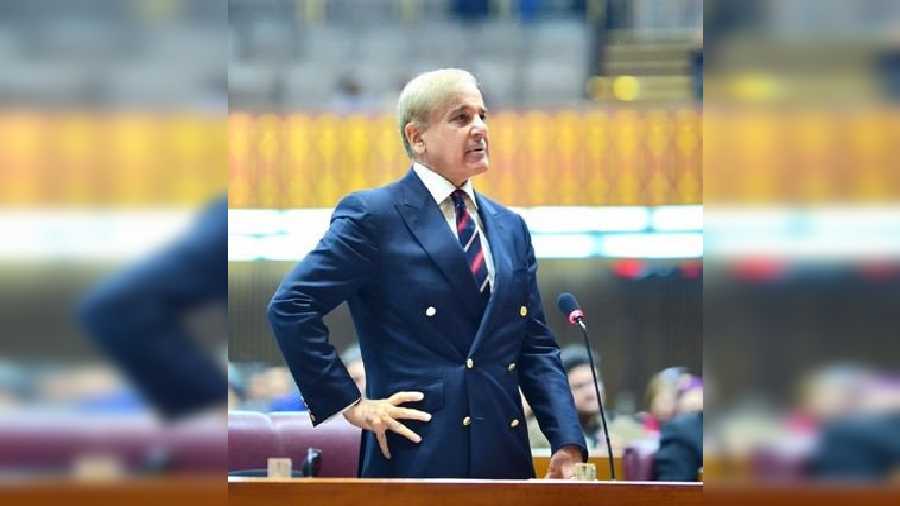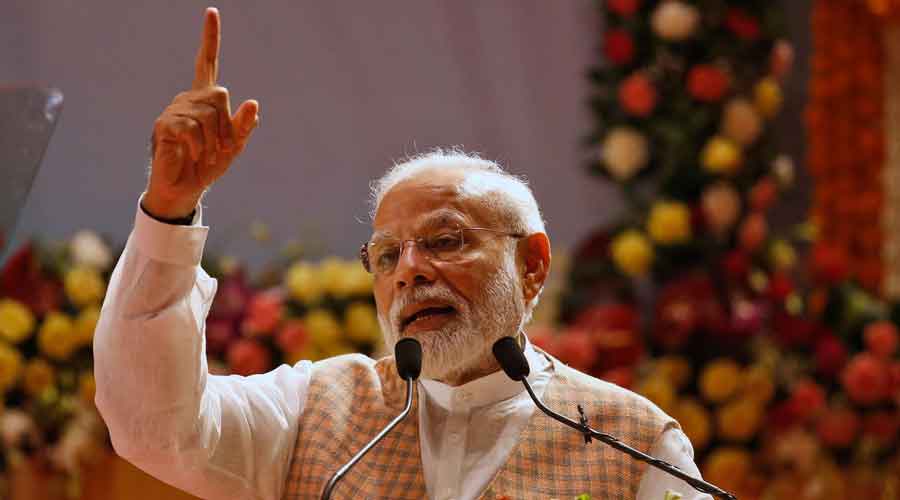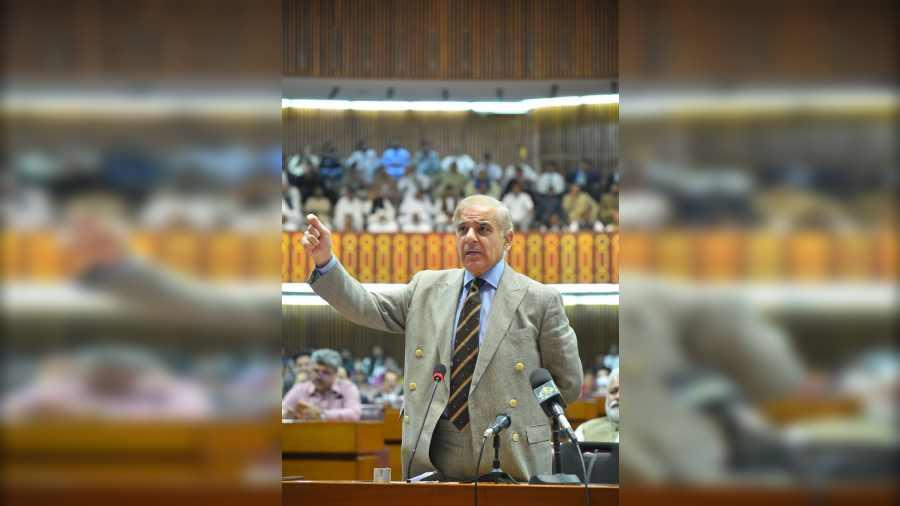A group of eminent pro-democracy intellectuals, politicians, journalists and activists have urged the new government in Pakistan to play a constructive role in defusing ethnic and religious conflicts, and strive for better ties with India and other neighbouring countries.
At a virtual conference organised by the South Asians Against Terrorism and for Human Rights (SAATH), they said the new government formed after Imran Khan's exit as the PM should immediately engage with Baloch nationalists to find an "amicable" solution to violence in restive Balochistan province.
Participants of the conference said relations with neighbouring countries, particularly India and Afghanistan, should be improved, a media release said.
SAATH co-founder and former ambassador of Pakistan to the United States, Husain Haqqani, said Pakistan can't come out of its current mess without ending the militarisation of politics and the use of religion for political purposes.
"The focus of the Pakistan state should be the prosperity of its people, not an ill-defined ideology," Haqqani remarked.
He said good relations with Pakistan neighbours were key to ensuring that Pakistanis could focus on rebuilding their economy while end to Jihadi terrorism was key to building better relations with neighbours.

Pakistan Prime Minister Shehbaz Sharif File Picture
Former senator Farhatullah Babar, who is also the secretary general of the Pakistan Peoples Party, expressed concern at reports of a "split" within the security establishment.
"When one group accumulates too much power then it starts fighting amongst itself," he said.
Former senator Afrasiab Khattak called for an end to "General Shahi", which he said had "brought Imran Khan to power". "The hybrid regime has failed," Khattak said, adding that democratic forces in Pakistan still have a long way to go in ensuring that the rights of dissenting voices, religious minorities and nationalities are protected.
Mohsin Dawar, member of the National Assembly and leader of the National Democratic Movement (NDM), warned that while people of Pakistan have high hopes, they will lose faith in democratic forces if the newly elected government fails to deliver.
Dawar is still placed on Pakistan's Exit Control List and not allowed to travel abroad.
Ali Wazir, another Pashtun nationalist member of parliament, has spent more than 16 months in prison over charges of sedition.
Baloch activist Kiyya Baloch and Zain Shah of the Sindh United Party stressed the need for ending military operations and enforced disappearances targeting Baloch and Sindhi nationalists.
The panelists termed the collapse of the regime of Imran Khan, whom they described as "Pakistan's cricketer-turned-pious-Islamist prime minister", as a "healthy move for democracy".
The SAATH conference was also addressed by former member of parliament, Farahnaz Ispahani, activists Rafi Ullah Kakar, Gul Bukhari, Gulalai Islmail and columnist Dr Mohammed Taqi, the press release said.












